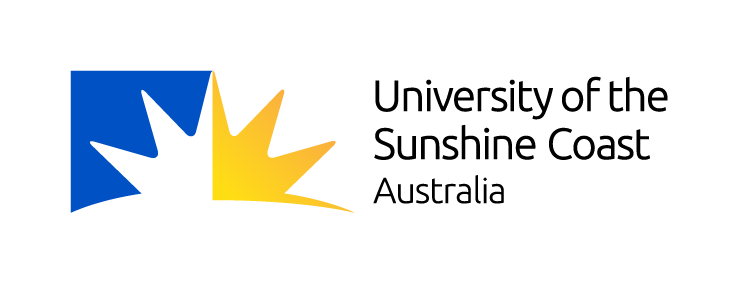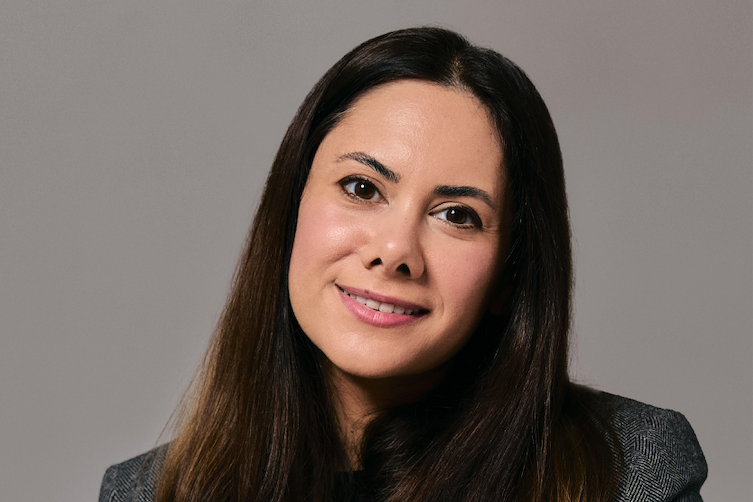Staff Champion category
As Planning and Design Principal at UniSC, registered architect Catherine Watts has redefined campus planning by embedding sustainability at every scale. With a passion for ecological protection and stakeholder inclusion, Catherine led the development of the 2023/24 Sunshine Coast Campus Masterplan—a bold and detailed strategy ensuring the university’s future growth aligns with environmental stewardship and community value. Her work balances technical innovation with cultural sensitivity, actively shaping a campus that supports climate resilience, community engagement and operational excellence.

Impacts and Benefits
- Delivered an award-winning, sustainability-embedded masterplan adopted in early 2024.
- Enabled informed, proactive decision-making that prevents unsustainable development on ecologically sensitive land.
- Developed key technical strategies in water, ecology, transport and First Nations inclusion.
- Created operational clarity for staff, improving maintenance, biodiversity and long-term cost-efficiency.
Leadership and Engagement
- Led an open, inclusive consultation process involving local councils, Traditional Custodians, schools, residents and staff.
- Created a collaborative, iterative engagement model with public access to drafts and feedback sessions.
- Produced detailed, actionable guidance to enable staged implementation in a low-funding climate.
- Championed First Nations engagement as central to campus planning—setting a precedent now being formalised in university-wide frameworks.
Wider Societal Impact
- Positioned the campus as a civic hub for wellness, learning, sport and community resilience.
- Strengthened UniSC’s role as a public space provider in a fast-growing region lacking local infrastructure.
- Supported funding for inclusive community recreation facilities ahead of the 2032 Olympic and Paralympic Games.
- Fostered economic opportunities for Traditional Custodians through cultural inclusion and land care practices.
Supported by

Related finalists
Staff Champion/Winner
Staff Champion/Winner
Staff Champion/Winner
Staff Champion/Winner
Staff Champion
Staff Champion
Past Winners
Benefitting Society/Winners
Benefitting Society/Winners
Diversity, Equity & Inclusion in Sustainability/Winners
Diversity, Equity & Inclusion in Sustainability/Winners
Climate Action/Winners
Climate Action/Winners
Sustainability Institution of the Year/Winners
Sustainability Institution of the Year/Winners
Creating Impact/Winners
Creating Impact/Winners
Creating Impact/Winners
Creating Impact/Winners
As Planning and Design Principal at UniSC, registered architect Catherine Watts has redefined campus planning by embedding sustainability at every scale. With a passion for ecological protection and stakeholder inclusion, Catherine led the development of the 2023/24 Sunshine Coast Campus Masterplan—a bold and detailed strategy ensuring the university’s future growth aligns with environmental stewardship and community value. Her work balances technical innovation with cultural sensitivity, actively shaping a campus that supports climate resilience, community engagement and operational excellence.

Impacts and Benefits
- Delivered an award-winning, sustainability-embedded masterplan adopted in early 2024.
- Enabled informed, proactive decision-making that prevents unsustainable development on ecologically sensitive land.
- Developed key technical strategies in water, ecology, transport and First Nations inclusion.
- Created operational clarity for staff, improving maintenance, biodiversity and long-term cost-efficiency.
Leadership and Engagement
- Led an open, inclusive consultation process involving local councils, Traditional Custodians, schools, residents and staff.
- Created a collaborative, iterative engagement model with public access to drafts and feedback sessions.
- Produced detailed, actionable guidance to enable staged implementation in a low-funding climate.
- Championed First Nations engagement as central to campus planning—setting a precedent now being formalised in university-wide frameworks.
Wider Societal Impact
- Positioned the campus as a civic hub for wellness, learning, sport and community resilience.
- Strengthened UniSC’s role as a public space provider in a fast-growing region lacking local infrastructure.
- Supported funding for inclusive community recreation facilities ahead of the 2032 Olympic and Paralympic Games.
- Fostered economic opportunities for Traditional Custodians through cultural inclusion and land care practices.
Supported by

Related finalists
Staff Champion
Staff Champion
Staff Champion/Winner
Staff Champion/Winner
Other finalists
Climate Action
Climate Action
Sustainability Champion – Staff/Winners
Sustainability Champion – Staff/Winners
Student Engagement
Student Engagement
















